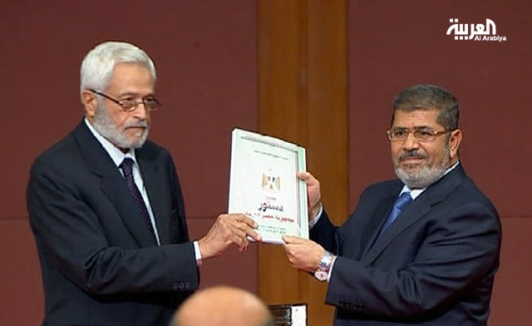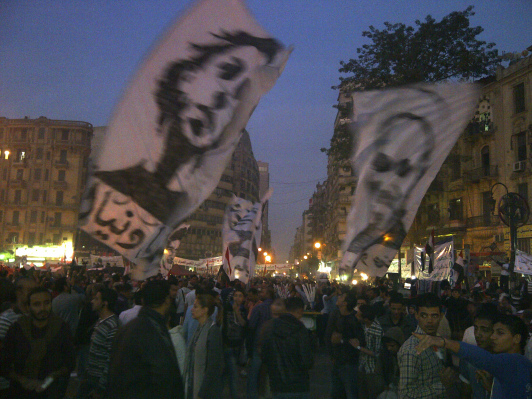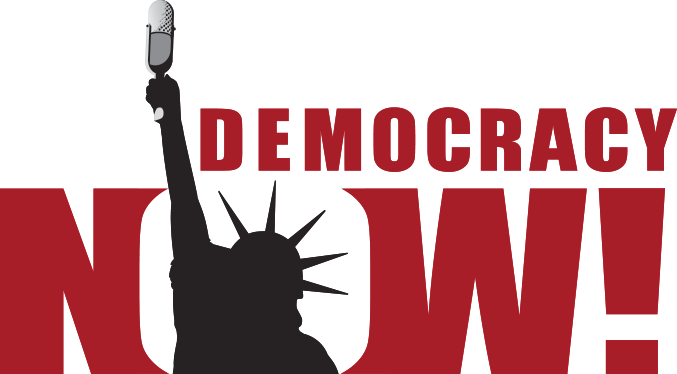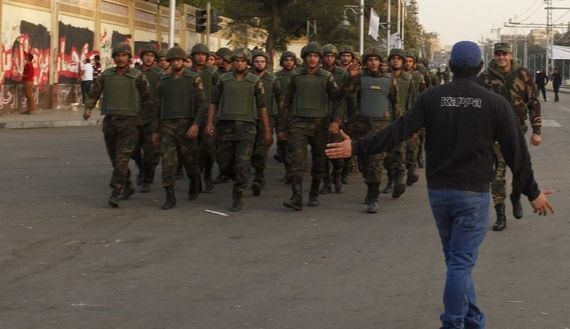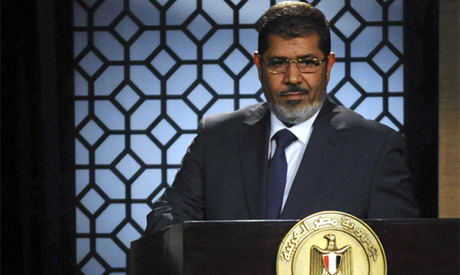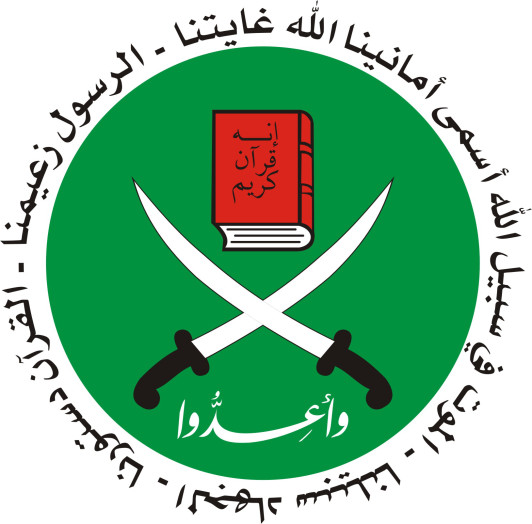Published in Ahram Online on December 22, 2012 Egypt’s draft constitution fails to achieve a key prerequisite of a democratic future for the country: civilian supervision of the army “This constitution is a model of world constitutions. In fact, humanity has yet to reach the rights and freedoms enshrined in this constitution.” This is how Hussein Hamed Hassan, a member of the Constituent Assembly, described the draft constitution which is being put to referendum now. I don’t know which planet Hassan lives on, and I will not compare his constitution with others from around this world. I will only focus…
Leave a CommentKhaled Fahmy Posts
Originally published in Al-Ahram Weekly, December 20, 2012. In 1805 Mohamed Ali, a young upstart who hailed from Kavala in what is now Greece, who spoke no Arabic and who had no prior links with the land, ended up as governor of Egypt on behalf of the Ottoman sultan. In the few years to follow, he struggled to establish his authority and to restore the productivity of a country ravaged by years of internecine warfare, devastating plagues and foreign invasion. Most seriously, he found himself embroiled in the quagmire of complex Mamluk politics with literally hundreds of Mamluk war lords,…
Leave a CommentPublished in Ahram Online on December 16, 2012 Although the Muslim Brotherhood’s participation in Egypt’s post-revolution democratic transition was essential, the group has since shown it will do anything to hold onto power On 9 February 2011, two days before Mubarak’s ouster, CNN asked me to write an op-ed on its website about the revolution. I did not hesitate, since it was a golden opportunity to send a clear message to US public opinion. I could have written about many things, but I chose to focus on the importance of allowing the Muslim Brotherhood to participate in the political process.…
Leave a CommentPosted on Facebook on December 13, 2013 Eight reasons why the legitimacy of Saturday’s constitutional referendum is already compromised: 1. The referendum is being conducted in extremely divisive atmosphere. Only last week 9 people were killed when two rival groups clashed in front of the presidential palace. Recriminations and counter recriminations are being fired at each other every day. What inflames matters further is that this was not simply a fight between two opposing groups each with its own political leaning and/or ideology. Rather, this was a clash between peacefully demonstrating opponents of President Morsy who were camping in front…
Leave a CommentAn interview with Democracy Now! in the wake of President Morsi’s November 2012 constitutional declaration, December 11, 2012. (Egypt segment starts at 27:52) TRANSCRIPT This is a rush transcript. Copy may not be in its final form. AMY GOODMAN: We turn now to Egypt, which is bracing for massive protests today ahead of President Morsi’s bid for a referendum on a hotly disputed draft constitution. Morsi has given the army the power to arrest people and ordered them to protect state institutions ahead of a vote on the new constitution set for Saturday. Today, Egyptian security officials say masked gunmen attacked opposition…
Leave a CommentAn interview with Soraya Sarhaddi Nelson on NPR on the repercussions of Morsi’s constitutional declaration. Transcript DAVID GREENE, HOST: It’s MORNING EDITION, from NPR News. Good morning. I’m David Greene. RENEE MONTAGNE, HOST: And I’m Renee Montagne. Opposition leaders in Egypt are warning that their country is headed for a violent confrontation – this, as President Mohammed Morsi pushes for a nationwide vote, in just five days, on a controversial draft constitution. Over the weekend, Morsi agreed to give up the near-absolute powers he assumed last month. That did little, though, to appease the opposition in what’s become the worst…
Leave a CommentAn interview with Maggie Flick of Al-Monitor on the eve of the 2012 Constitutional referendum Egypt’s Opposition Rejects Referendum CAIRO — Egypt’s opposition coalition reaffirmed its rejection of the Dec. 15 referendum on a disputed constitution draft and rallied their supporters for protests in Tahrir Square and in cities across the country on Tuesday, saying in a statement Sunday night that dialogue with President Mohammed Morsi was impossible given the president’s decision to hold firm on the referendum date. Summary⎙ Print The National Salvation Front rejected Egyptian President Mohammed Morsi’s call for dialogue unless he cancels the constitutional referendum scheduled for Dec.…
Leave a CommentPublished in Ahram Online on December 4, 2012 The constitutional declaration and the president’s manner of dealing with the crisis reflects the deep rift between Islamists and the opposition I must admit that events over the past ten days have dissipated much of my optimism since the revolution. My optimism primarily stemmed from my conviction that Mubarak’s formula (either oppression or ruin) is a wretched one that is unbecoming of us. As a people and a country, we can handle the challenges of the revolution and the institutions we built in our modern times – the police, army, judiciary, press,…
Leave a CommentPublished in Ahram Online on December 4, 2012 The constitutional declaration and the president’s manner of dealing with the crisis reflects the deep rift between Islamists and the opposition I must admit that events over the past ten days have dissipated much of my optimism since the revolution. My optimism primarily stemmed from my conviction that Mubarak’s formula (either oppression or ruin) is a wretched one that is unbecoming of us. As a people and a country, we can handle the challenges of the revolution and the institutions we built in our modern times – the police, army, judiciary, press,…
Leave a CommentAn interview with Soraya Serhaddi Nelson of NPR Transcript: STEVE INSKEEP, HOST: It’s MORNING EDITION, from NPR News. I’m Steve Inskeep. Egypt’s President Mohamed Morsi has granted himself almost absolute power, but has not been able to win anything like unanimous approval. The new president faces criticism for a decree stating he can do anything he thinks will advance Egypt’s revolution, and that courts cannot review his decisions. Egyptians have taken to the streets in protest. Markets have reacted badly, and the country’s top judges are paying Morsi a visit today to discuss this turn of events. NPR’s Soraya Sarhaddi…
Leave a Comment